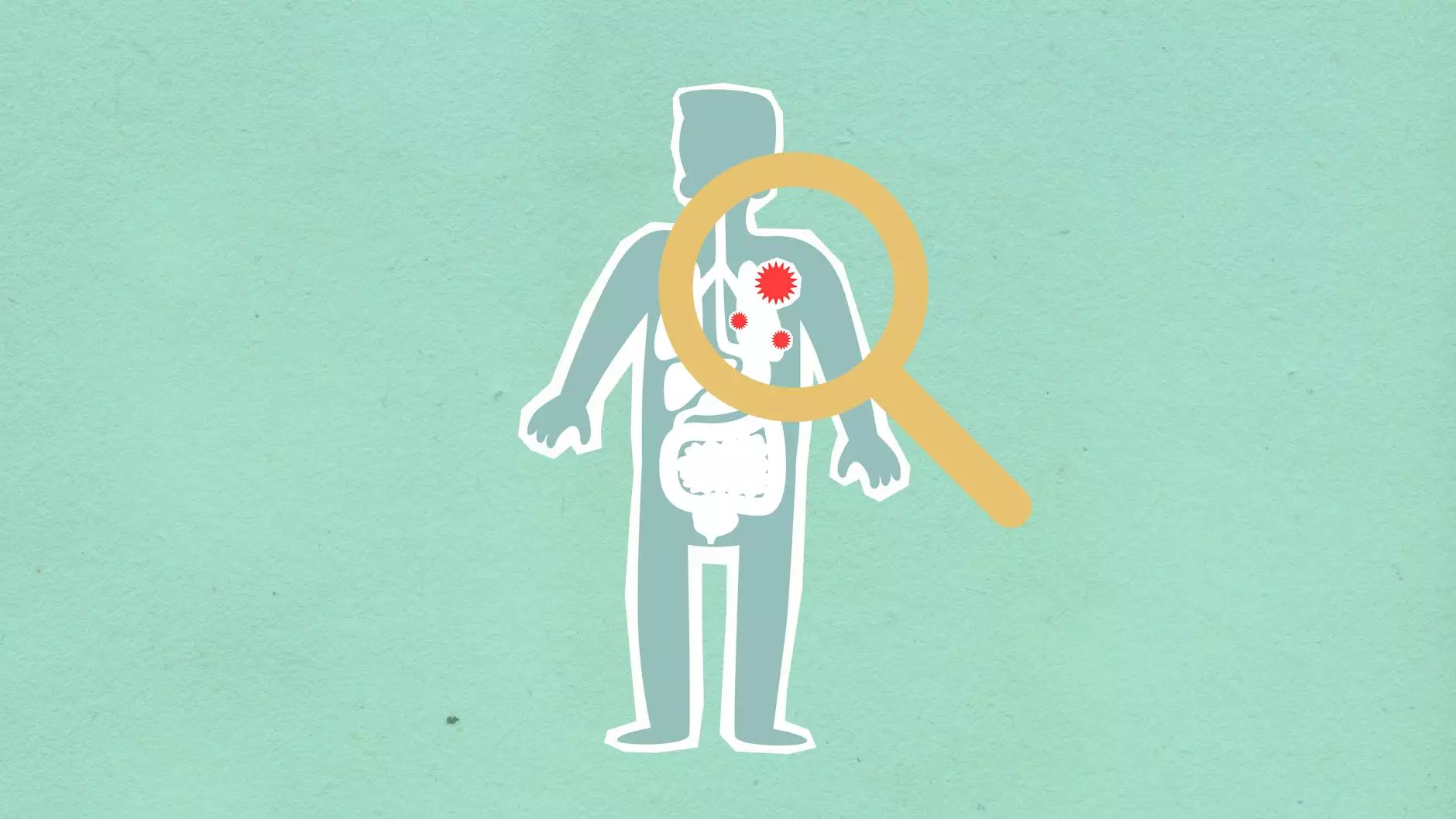The Impact of Bubonic Plague Throughout History

The bubonic plague is a notorious disease that has left a lasting mark on human history. Its impact has been profound, causing widespread devastation and shaping the course of societies over the centuries. Let's delve into the origins, spread, and consequences of this deadly illness.
Origins of Bubonic Plague
The bubonic plague, caused by the bacterium Yersinia pestis, has been a known affliction for thousands of years. Originating in rodents, particularly rats, the disease is transmitted to humans through fleas. The first major outbreak of the bubonic plague, known as the Black Death, occurred in the 14th century and ravaged Europe, resulting in significant loss of life and socioeconomic upheaval.
Spread and Symptoms
The rapid and efficient spread of the bubonic plague is attributed to its mode of transmission through flea bites. Once infected, individuals experience symptoms such as fever, chills, weakness, and the formation of painful, swollen lymph nodes called buboes. Without prompt treatment, the disease can progress rapidly, leading to severe illness and death.
Historical Impact
The bubonic plague had far-reaching consequences beyond its immediate effects on public health. During the Black Death, in the 14th century, Europe witnessed a population decline of up to 60%, causing a drastic shift in labor dynamics and societal structures. This demographic upheaval fueled advancements in medicine, sanitation, and urban planning to combat future outbreaks.
Lessons Learned
Throughout history, the bubonic plague has served as a sobering reminder of the importance of public health measures and disease prevention strategies. The lessons learned from past pandemics have informed modern healthcare practices and policies aimed at mitigating the impact of infectious diseases.
Conclusion
In conclusion, the bubonic plague stands as a poignant reminder of the fragility of human existence in the face of infectious diseases. By studying the historical context and impacts of this devastating illness, we can better understand the challenges and opportunities in combating global health threats.
bubonic plague when








